Juicing is a health fad that’s been around for decades now. If you don’t like fruits or vegetables, it can be a much easier way of getting them into your body. But, in the era of fake news, there are a lot of myths and misconceptions about juicing that you might think are true. Luckily, we have researched some of the top misconceptions about juicing, so that you can see if juicing is right for you. After all, you only get one body; why not make sure it’s being treated the right way?
You can replace meals with juicing
Replacing your meals with juice seems like a good idea, after all, you’re getting all the vitamins that you need, right? You may be lacking in some essential nutrients. Protein, for example, does exist in vegetables such as kale and spinach; however, you don’t get as much as you would with fresh meats like chicken or fish. Also, you need to make sure you get enough fiber. The best way to juice is by not replacing meals with juicing but using juices as part of your meal, so you can get a more well-balanced diet.
Juicing will flush out your toxins
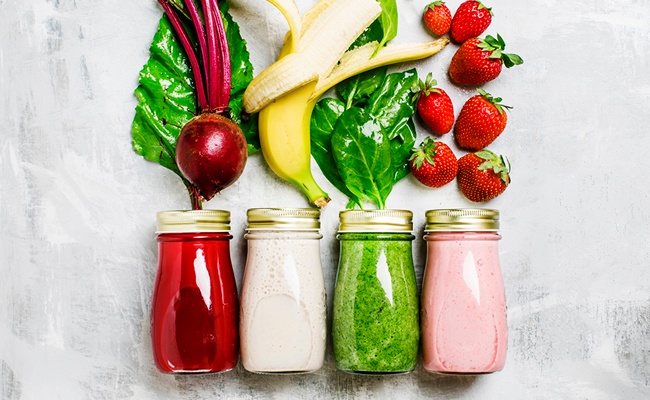
Have you ever had one of those holidays where you eat a little too much and maybe drink a little too much also? You usually feel lethargic and sluggish, and want to detox by grabbing a juice. But did you know that your body already does all the work? That’s what your kidneys and liver are for: to flush the bad stuff from your system. You don’t need any juices to detox; your body will rid itself naturally without any help from juices.
Juicing boosts the number of nutrients in your system
Usually, when people decide to start juicing, they want to get large amounts of vitamins and minerals in their system. While that part is true, your body doesn’t need large amounts to get what it needs. Your body will absorb the necessary quantities and expel the rest with your urine. You think you are getting lots of vitamin C, but your body will take only what it needs and get rid of the rest. So, before you get ready to get all these nutrients, just know you will only get a finite amount.
You can’t freeze juices
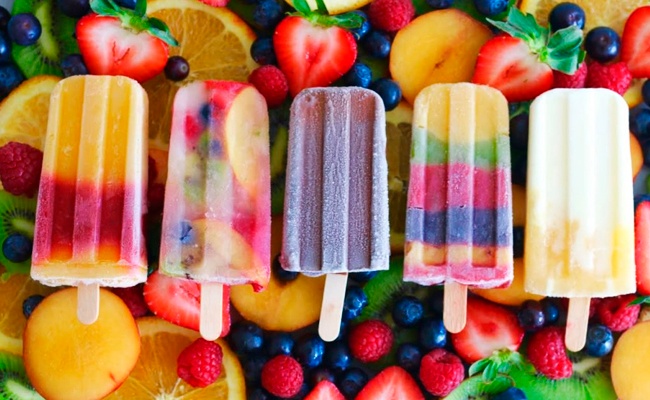
If you ever make too much juice, you may think that you can’t freeze any leftover juice. While it’s true you may lose some of the nutritional enzymes but you’ll still retain plenty of healthy benefits. Frozen juice makes a great alternative to sugary popsicles. Frozen vegetable juices can be added to soups to add flavor and some more nutrition. You can also make healthy sorbets with frozen juices so that you can enjoy a healthy treat on a hot summer day.
You can’t juice if you’re diabetic
If you’re diabetic and have too much sugar, you can be negatively affected. However, one of the benefits of juices is that they have lots of important enzymes and nutrients that can help process all the sugar so that it doesn’t affect you too badly. Of course, you should only consume a small amount each day so that you don’t have too much sugar in your body. Juices are a great way to keep you healthy and help you feel better.
If you have kidney stones, you should avoid juices
People with kidney stones are usually encouraged to stay away from calcium-rich foods. Some vegetables, like spinach, can be high in calcium and should be avoided when juicing. However, there are plenty of fruits and vegetables that don’t contain calcium, and some that can help against kidney stones. Cranberry juice, for example, is known to really help fight kidney stones and reduce their size. Other citrus juices can be of help as well. So while there are some fruits and vegetables to avoid, there are others that can assist in fighting kidney stones.
You should juice all fruits and vegetables with the skin intact
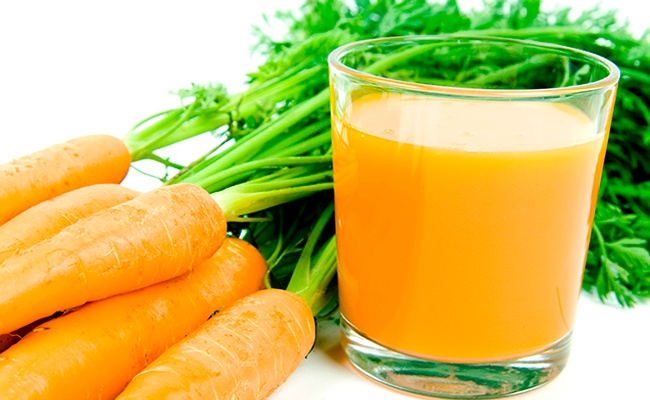
While plenty of fruits and vegetables are good for healthy skin, some should not be juiced. Lemons, limes, grapefruit, oranges, mangos, and cantaloupe all have skins that are either too bitter or are bad for you. Mango skin can cause some adverse reactions in some people. Cantaloupe skin often contains food-borne illnesses as well. If you are looking for fruits and vegetables that are good skin to eat, try apples, pears, cucumbers, grapes, kiwis, carrots, plums, and peaches. Pretty much all the food that you already eat the skin of.
You will lose weight
While juicing can be a healthy way to get vitamins and minerals in your body, people often think that juices can help them lose weight. While it’s true that if you replace meals with juices you will lose weight, as mentioned above, that won’t be a healthy option. You are depriving your body of other essential nutrients that you don’t get in fruits and vegetables. Also, you will gain the weight back once you start eating solid foods again. If you’re already eating solid foods with your juices, then juicing won’t help you lose weight because it’s as if you're eating those as a solid. Of course, it’s better than eating fast food in its place.
Everyone should juice
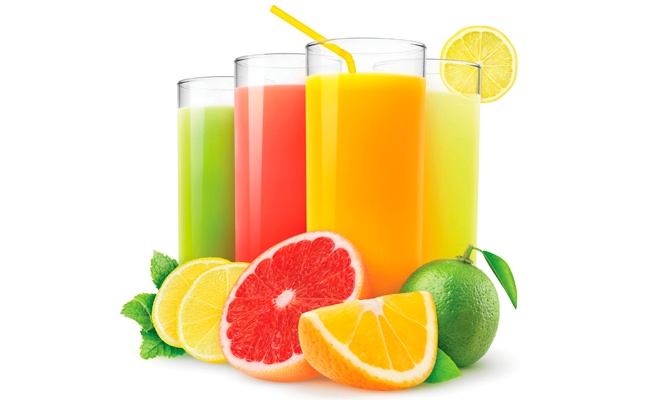
While juicing can be a healthy option, it’s not meant for everyone. If you have problems with your thyroid or kidneys, you might want to ask your doctor beforehand. Juicing might irritate those organs if you’re not careful. If you have high blood pressure, any foods high in potassium could cause an adverse effect. If you’re on any kind of blood thinner, you might not want to juice. Foods high in vitamin K could cause problems with your blood circulation or even stroke.
So it’s best to be careful when deciding to juice and picking which fruits and vegetables are right for you. Juicing can be a healthy option, but you should also make sure your body can handle it.

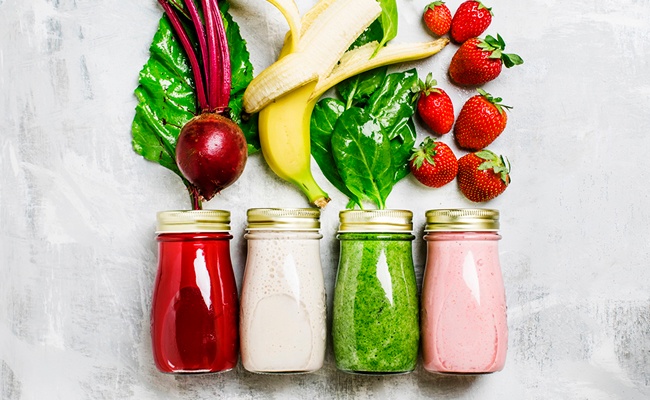









 By Liquivida®
By Liquivida®



